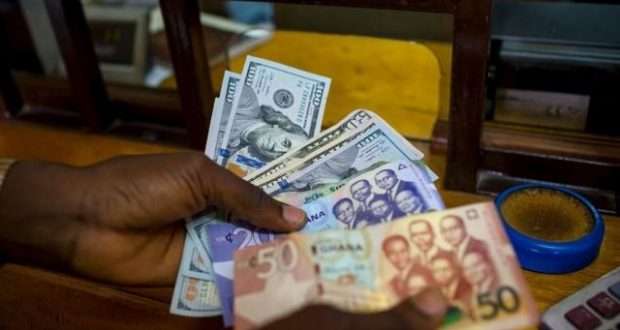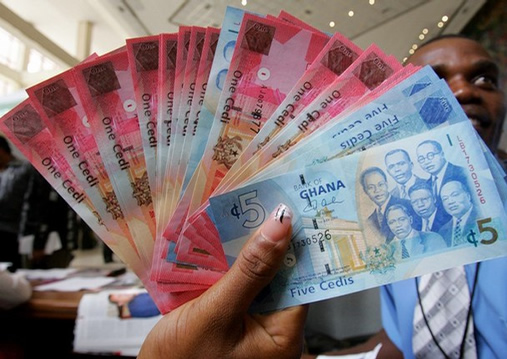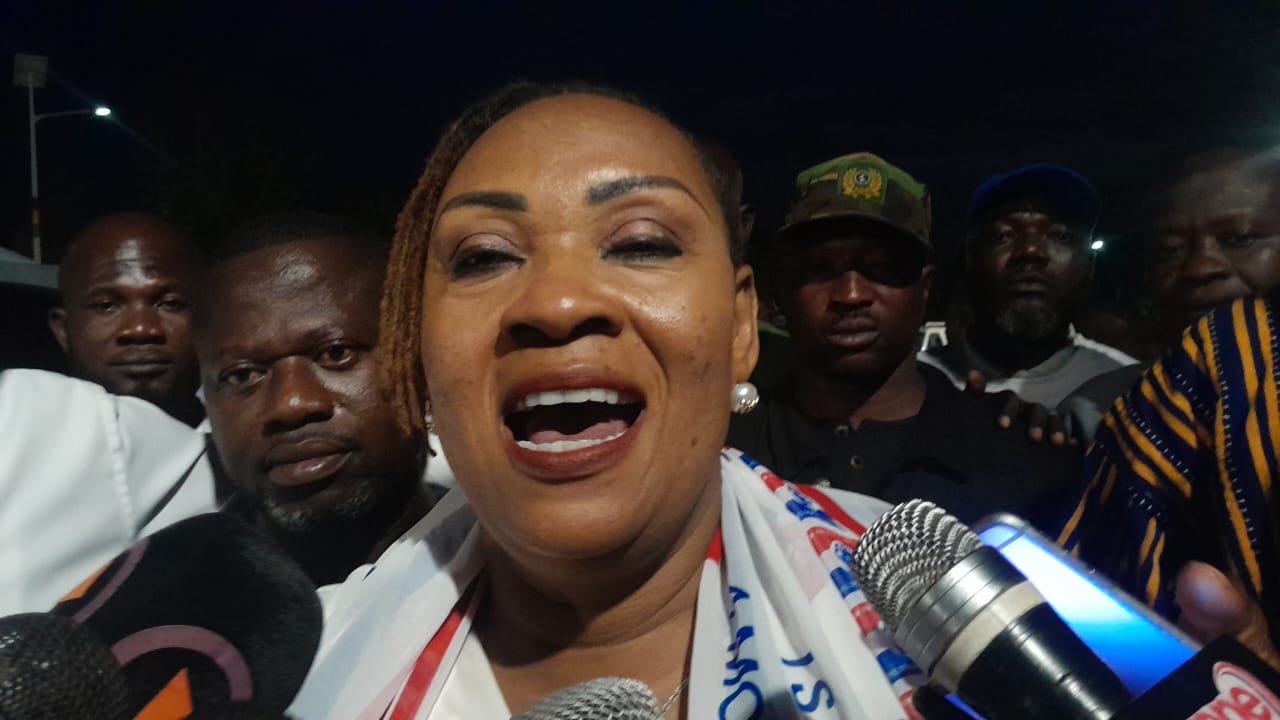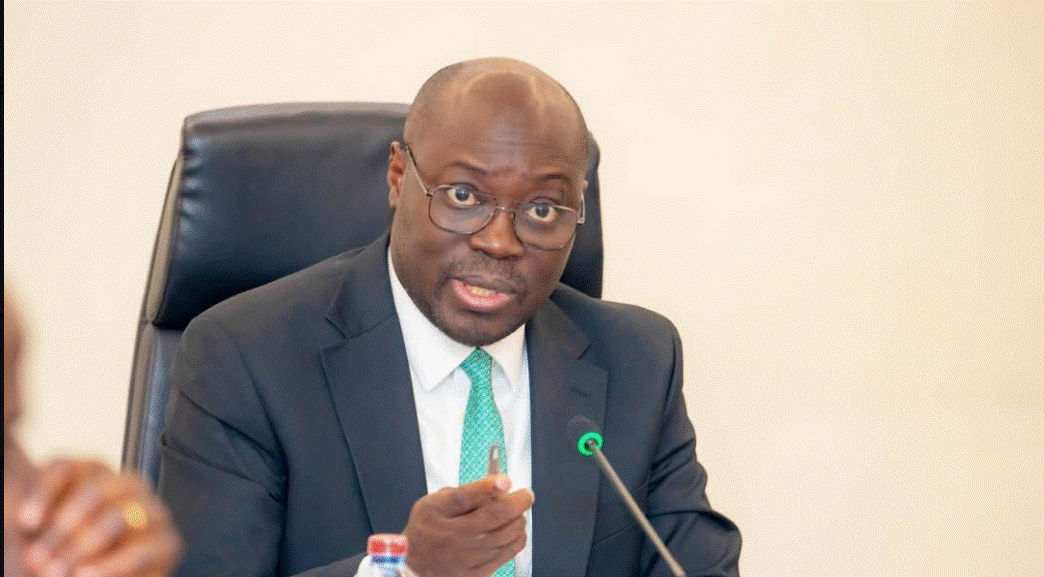
The depreciation of the cedi in simple terms means loss of capital and we have lost about 20 percent of our capital, the President of the Ghana Union of Traders Association (GUTA), Dr. Joseph Obeng, has said.
The local currency has witnessed a significant reduction in value against major trading currencies, especially the US dollar.
Currently, the cedi, which was trading against the dollar at GHC 11.98, is now hovering around GHC 14.85 at the forex bureaus, resulting in a depreciation rate of close to 20% since the beginning of the year.
Additionally, the former Deputy Minister for Finance, George Kweku Ricketts-Hagan, has predicted that the local currency could be trading at GHC25.00 to a dollar by the end of 2024.
Businesses continue to bear the brunt of the cedi’s depreciation because traders need a lot more cedis to buy the dollar for their imports.
Meanwhile, Finance Minister Dr. Mohammed Amin Adam has noted that the cedi’s depreciation this year is lower compared to the same period in 2023.
Despite recent pressures on the local currency, he said, the cedi’s depreciation year-to-date of 12% is far lower than its depreciation of 27% in the same period last year.

For this reason, according to Dr. Amin Adam, “Ghana’s economic rebound has been quite swift, with economic growth ending the year 2023 at 2.9% against a target of 1.5%, inflation heading towards the year-end target of 15%, and interest rates declining.”
But the President of GUTA, Dr. Obeng, paints a disturbing picture of the dire consequences of the depreciation of the cedi for members of the association, forcing some businesses to fold up.
READ ALSO:
Dr. Joseph Obeng spoke on TV3’s news analysis programme, The Key Points, on Saturday, May 16.
Responding to how businesses are faring under the circumstances, he explained that “depreciation is simply a loss of capital so if the currency is depreciating this much, for now we can confidently say most of us have lost about 20% of our capital.”
“The goods that we import even we go to China…we trade in dollars, when we are shipping the goods we also pay in dollars now the freight charges have gone up the roof like the COVID era. Then the goods come and the duty is also benchmarked in US dollars,” he added.
On the Ghana Revenue Authority’s (GRA) statement debunking claims that it charges duty in US dollars, Dr. Obeng clarified that “whatever they were saying just confirmed what we are also saying.”
“We are not saying that we pay the duty in dollars, that is not what we have been saying, but we say that they benchmark the calculations with dollars so if the exchange rate goes up, it also makes the duties that we are paying go up,” he said.
Moreover, he emphasised that businesses cannot pass on these costs to the consumer because consumers also do have limits, saying, “When prices go up it affects inflation and inflation eats into the pockets of the consuming public, the purchasing power is gone.”
This, he said, results in businesses being unable to service their debt because consumers are not able to buy the volumes of goods they used to buy.
“If you have a supplier who gives you credit and you are unable to service that credit, your integrity is gone, he might not give you credit again, so this is the situation we find ourselves in,” he lamented.
However, GUTA, in a statement issued on May 14, urged the government to “take urgent steps to address” the continuous depreciation of the cedi against major foreign currencies.
GUTA stressed that the current situation is affecting the capital base of its members.
The post Cedi depreciation: We have lost 20% of our capital – GUTA President first appeared on 3News.
Read Full Story
















Facebook
Twitter
Pinterest
Instagram
Google+
YouTube
LinkedIn
RSS